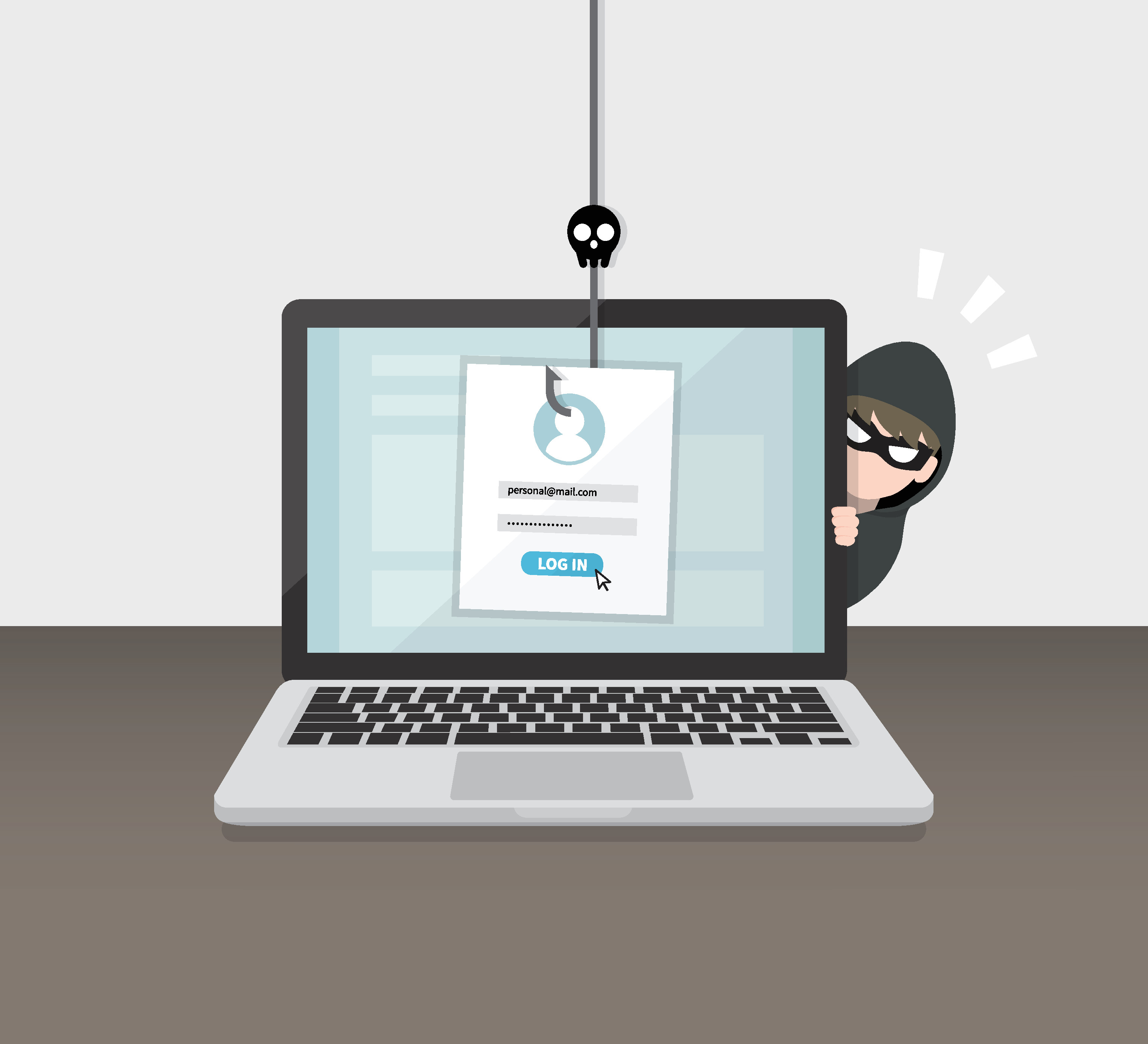Why Is Spam So Egregious, and What Can We Do About It?

As long as the Internet has existed, there has been spam. From phishing emails to word salad blog comments to messages on Facebook, it's more or less ubiquitous on the modern web. And nothing we do seems sufficient to stop it.
Before we really dive in, it's important that we identify what we're talking about when referring to spam. It is, in essence, a blanket term used to refer unsolicited commercial messages, usually sent in bulk. Email is by far the most common delivery mechanism for spam, though it's far from the only one — we'll talk more on that in a moment.
First, let's look at why spam is so difficult to deal with.
It's not as if we haven't tried to clamp down on spammers over the years. We've introduced legislation like the CAN-SPAM act. Service providers like Google have released multiple measures intended to mitigate spam, from stricter search algorithms to an AI-based email filter that supposedly catches 99.9% of all Gmail spam.

And yet somehow, spam persists. Why? How, in spite of our best efforts, does it keep coming back?
Part of the problem is that there are simply too many communication channels through which spammers can ply their trade. In the earliest days of the Internet, spam was limited to emails and forum posts. Now, though?
Here are just a few of the ways a spammer might shove their message in your face.
Dizzying, isn't it? Factor in that, with the exception of advertisements, spam costs virtually nothing to generate, and it's no surprise that it's overtaken so much of the Internet. And to be fair, it isn't as though we haven't made any progress in curbing its prevalence.

Per Statista, in April 2014, spam comprised 71.1% of all email messages. As of March 2020, that number is down to about 54%. Businesses are taking a more active role in getting rid of fake software, spam protection tools are becoming more widespread and more and more people are waking up to the dangers of multi-level marketing.
Of course, that doesn't mean you're in the clear, yourself. Just because spam is gradually being dealt with, doesn't mean you can simply forget it exists. You need to take a few measures on your own to protect yourself.

First, the basics of recognizing fraud, which we detailed previously, still apply. Watch for unusually impersonal language, implied threats, and offers that seem too good to be true. Avoid accessing any links or opening any attachments if you even think they may be unsafe.
Second, practice safe browsing. Always be certain you're on the right website before entering any of your login credentials, and wherever possible, avoid visiting any shady websites. A little bit of mindfulness can go a long way towards protecting not only against spam but against a wide array of other digital threats.
Third, you may want to consider installing an adblocker of some kind. Not only are ad networks frequently a delivery mechanism for malware, but on certain sites, they also tend to be extremely intrusive. It's often better to avoid dealing with them altogether.
Finally, be certain you're using the right security software. Here's where Bitdefender Total Security comes in. In addition to a built-in spam filter that eliminates irrelevant messages in local email clients, it provides everything you could possibly need to stay safe on the web.

That includes web filtering technology to help you avoid harmful websites, anti-fraud and anti-phishing protection to keep you safe from scammers, and complete, real-time protection against threats such as malware and ransomware.
If you're looking to protect more than one system, you might consider purchasing the Bitdefender Family Pack, which allows the installation of Bitdefender Total Security on up to 15 devices.
We've talked a lot about threats from bad actors up to this point. Thing is, they aren't the only problem you'll face on the web. If you aren't taking the necessary steps to protect your privacy, you could fall prey to everything from unscrupulous marketing agencies to online stalkers.
We'll talk about what you can do to avoid such threats next time.
Get instant access to breaking news, the hottest reviews, great deals and helpful tips.
